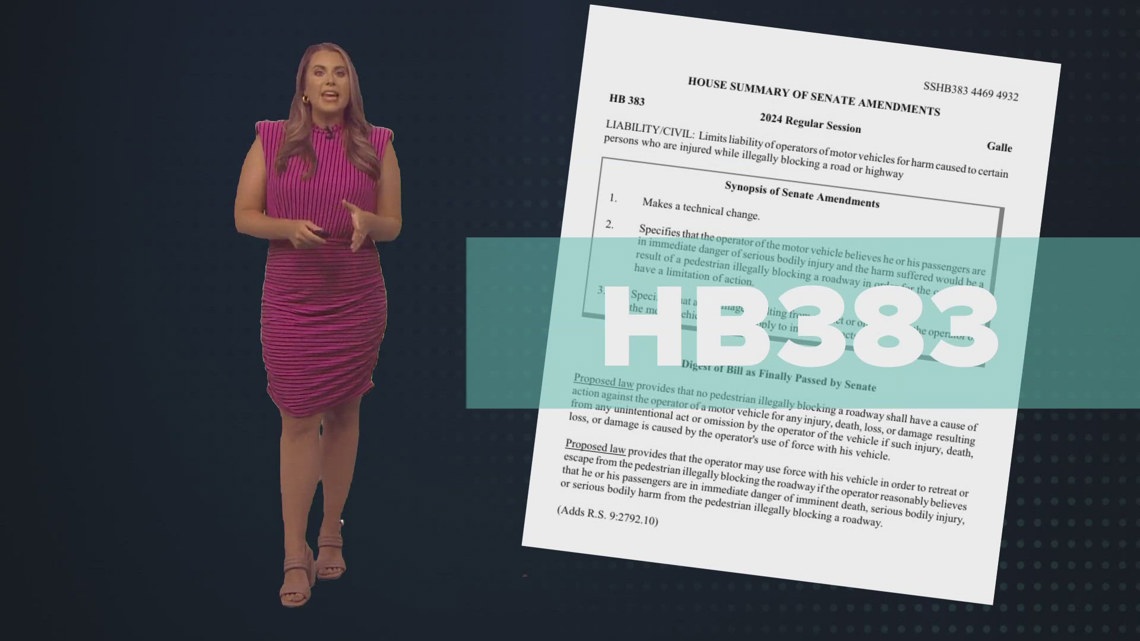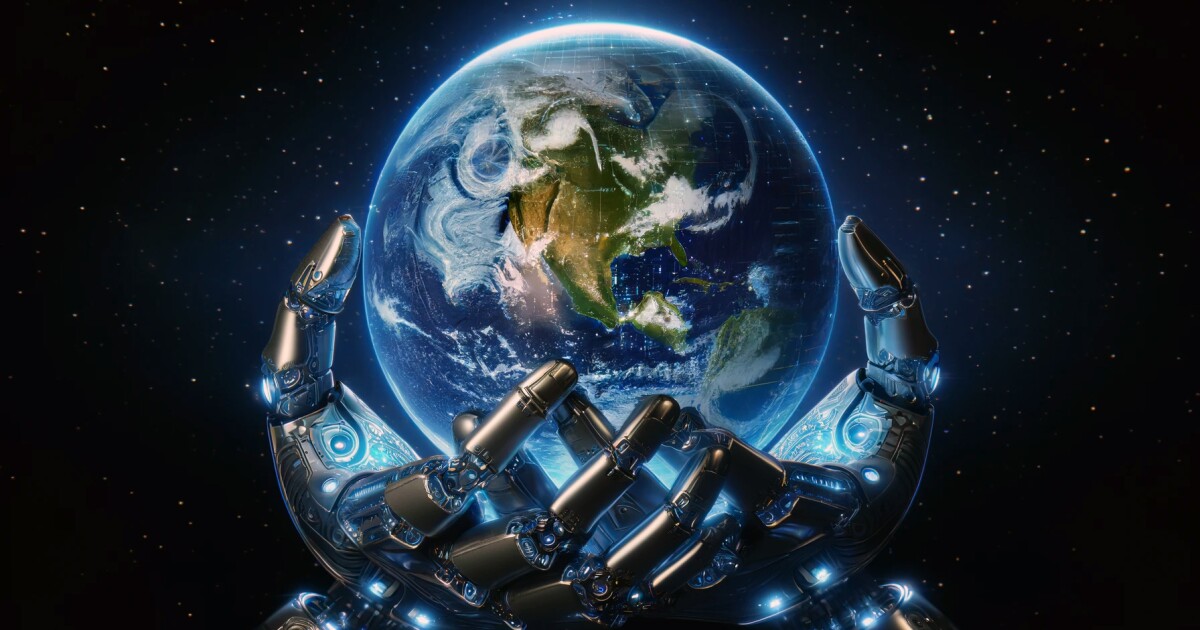RA2lover
- 108 Posts
- 40 Comments

 1·1 year ago
1·1 year agoEnergy recovery was already doable with traditional actuators through BEMF generation, so the only thing this has going for it is static torque.
The only way i’m seeing this doing things at a fraction of the cost is by enabling the use of a smaller motor and repeatedly winding each spring before doing a task requiring more effort. At that point, why not just use a linear motor and even more clutches to do that winding instead of having to move the entire arm?

 1·1 year ago
1·1 year agoTechnically their implementation gives Fastly that power instead - but there’s nothing keeping both from being in bed with eachother anyway.

 3·1 year ago
3·1 year agoI assume this is seen by them as making their own purchases indirectly more expensive by more than the cost of moral guilt they’d feel by reporting the shoplifter.

 1·1 year ago
1·1 year agoIs there any reason you don’t like substack?

 3·1 year ago
3·1 year agoCan you judge if the model is being truthful or untruthful by looking at something like
|states . honesty_control_vector|? Or dynamically chart mood through a conversation?Can you chart per-layer truthfulness through the layers to see if the model is being glibly vs cleverly dishonest? With glibly = “decides to be dishonest early”, cleverly = “decides to be dishonest late”.
There’s been previous work developing a method to do this by reading an LLM’s internal state. The paper actually trains multiple classifiers on different LLMs, each reading the state of a different layer, but found different levels of accuracy at different layers depending on the LLM used and didn’t investigate further on why.

 1·2 years ago
1·2 years ago“Researchers in Malaysia have the impression that you pay to publish in open-access journals, which is associated with predatory journals. I do not want the quality of my work to be judged like that,” says Sivapragasam, who is now a master’s student in science communication at the University of the West of England in Bristol, UK.
even Nature’s parent company wants payment for open-access publishing.
Also open-materials used to be the norm until the Harvard mouse patent came in and others following put the whole thing into jeopardy.
Sudden desire to eat people.
雨 is rain.
Really makes you think.
Internet archive still has the deleted comment: https://web.archive.org/web/20220913031425/https://www.reddit.com/r/btrfs/comments/xaeakv/help_me_understand_compsize_output/
I’m still somewhat undecided on what to do with reddit going forward. Despite the powertrippy moderation, it still has a bunch of accumulated
culturalknowledge, which is now being gated in a way similar to stackexchange and xitter - and yet protesting by deleting things still feels like the wrong call. I was considering replacing all of my comments with LLM-generated counterparts or somehow obfuscating them in a reversible way to try to decrease their perceived accumulated value as a compromise, but never got around to doing so.
QUIC is already ~30% of HTTP traffic. That’s enough to not make UDP use stick out as suspicious.
The IP storage also doesn’t have anything to do with Tor guard nodes - in a VPN-before-Tor scenario, the guard nodes would only see the VPN server’s address, whereas in a Tor-before-VPN scenario, the VPN server would only see the exit node instead, which remains unchanged throughout the time a connection is established. If establishing a new connection instead, you have to negotiate keys for that new connection, with the previous connection’s keys not being used. The VPN server would only see connection data for the 2 exit nodes.
I watched it and continue being retarded, apparently.
The concerns of “using UDP instead of TCP” and “Connections need to be kept in memory until they time out” look like nothingburgers to a layperson, which isn’t helped by technical inaccuracies such as the conflation of multithreading with multiprocessing.

 2·2 years ago
2·2 years agoThis past week, there has been quite a lot of misinformation and enflamed rhetoric, with much confusion about what did and did not happen and who is or is not to blame. Those with different agendas pushed different narratives, while others sought to figure out the truth. We hopefully paid attention to how all our information and media sources reacted to that test, including prediction markets and their participants, and hopefully will update accordingly.
What played essentially no role in any of it, as far as I can tell, was AI. Good old fashioned lying and misinformation are still state of the art when the stakes are high. Will that change? I am sure that eventually it will. For now, the song remains the same.

 0·2 years ago
0·2 years agoThe GPL, as a copyleft license, uses copyright law for enforcement. You could potentially try to use contract law and offer access to the software contingent on a license agreement with terms similar to the GPL (adding an extra wall to access the software), but this would require a complete rewrite at the very least, and there are plenty of legally-undefined situations that would be introduced by doing so.
Checking again, it’s now returning a 500 with a
{"msg":"Error in store"}json response.
Interestingly, that instance’s modlogs have a post purged from this community 3 hours after the top level comment being sent. Does purging still keep images hosted?

 3·2 years ago
3·2 years agothat thread in particular has been locked, so no new comments can be submitted (at least until it gets unlocked).

 1·2 years ago
1·2 years agoseeing this from burggit.moe

















The premise thrown to those economists is slightly different - that AI is more productive than a human at everything, but not necessarily cheaper, then sends their different interpretations, which i’ve ended up summarizing as:
Noah Smith: Compute will remain limited, so it’ll be directed at whatever is most profitable.
David Autor: AI can make the big-bucks jobs available to everyone, but they still need to Git Gud and figure out how to harness AI for them… Until everyone does. Pray “everyone” gets small enough by then so there will still be enough bucks left to live.
Daron Acemoğlu: Rest easy. AI won’t cover everyone’s jobs any time soon. Things will still suck when it does, though.
Ethan Mollick: AI won’t cover all jobs, but it’s about to cover all the “good” jobs. I don’t want to think what happens next.
Noah Smith on the earlier comments: Society will hopefully sort itself out and still leave humans “some” role. Relax.
Pascual Restrepo: You’ll still have “some” role, buuut it will become irrelevant anyway as AI will play a colossally larger role in the overall economy. Pray AI’s profits get distributed to everyone.
I think all of this misses the point completely. Compute can still be limited, but i think it’s more likely to happen through the supply-demand curve. Even if it remains expensive forever, there will likely be a point where the value of AI will equal its compute cost - once that is reached all AI jobs pay the same per compute time AI spends on them. Under the comparative advantage umbrella, the best-paying jobs for a human would turn out to be the jobs AI is the most inefficient at relative to the human regardless of whether they’re fullfilling to the human or not. but this still misses a much bigger problem.
Production needed land, labor, and starting from a certain technology level, capital. There used to be a social balance here in that everyone had their own labor and society always managed to figure out the price they’d sell their labor for - even if that price was different over time and over different societies, they’d still manage to sell it anyway because there was someone willing to buy it in the first place.
With AI, capital can now become labor instead of only amplifying production per labor. The industrial revolution was merely an inflection point where the amplifying factor of capital made labor without an amount of capital out of reach for most individuals uncompetitive. The ARA revolution is merely an inflection point where capital is making human labor uncompetitive.
On old societies, everyone had access to enough land to survive(or thrive) on their own labor with a capital multiplier small enough to be achievable by oneself - you could sell the labor to yourself and get a more enjoyable life in exchange. As societies got larger, the land available per individual got smaller, but capital could still allow for success. People with large amounts of land/capital figured out they could get more by lending their land/capital to others in exchange for labor, and society could figure out the exchange rate for which they were willing to trade those because labor was scarce.
ARA is bringing a post-scarcity economy, but the post-scarcity is coming to labor first, society has grown large enough that there’s not enough land for everyone to survive under their own labor without access to capital, and the people with land/capital now have enough that they don’t need to buy labor anymore. Worst of all, they’re now worse off by letting others labor with their resources for free, because the cost to keep them alive is now higher than the benefit their labor would bring to them. Society doesn’t like this, but what can it do about it?
tl;dr: George was almost right.